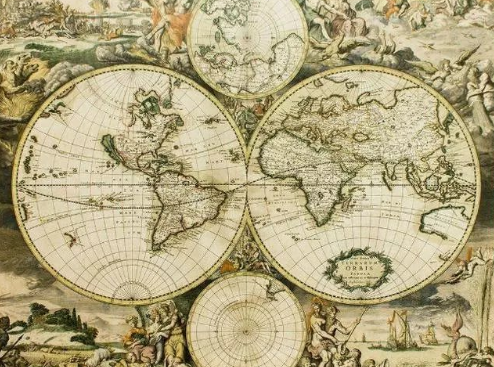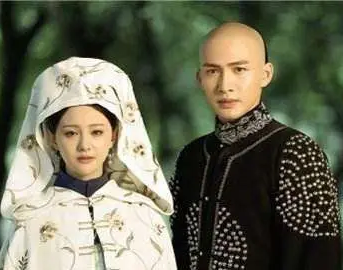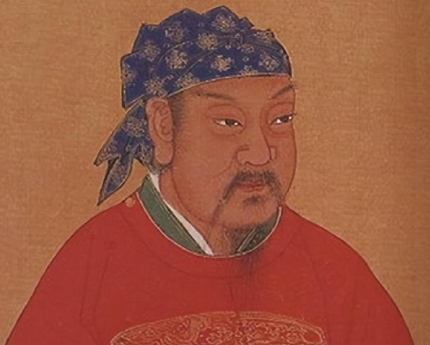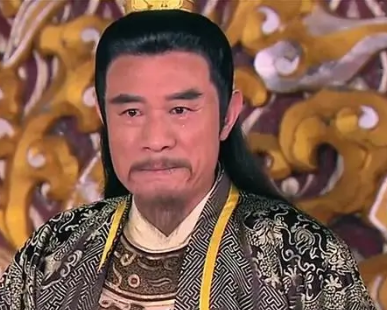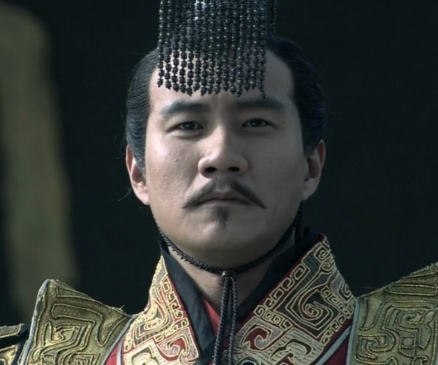In Chinese mythology and legends, Hou Tu is venerated as Hou Tu Niangniang, the goddess in charge of the earth and the growth of all things. She holds a lofty and sacred position in people's minds, especially in the underworld, where her influence is unparalleled. This article will explore Hou Tu Niangniang's status in the underworld and the mystery of her true identity.

Hou Tu Niangniang occupies an extremely important position in Taoism and folk beliefs. She is considered as one of the four deities of the underworld - the main deity of the Earth Bureau, responsible for managing the order of the underworld and maintaining the balance between the Yin and Yang worlds. In ancient Chinese belief, the underworld is the destination of departed souls, and as one of the lords of the underworld, Hou Tu Niangniang has significant responsibilities that concern the harmony between the human world and the underworld.
The true identity of Hou Tu Niangniang is not uniformly recorded in historical documents, adding a layer of mystery to her. Ancient texts such as "Shan Hai Jing" mention that Hou Tu is a descendant of Shen Nong, and her image is often associated with concepts such as land and abundant crops. However, in later Taoist systems, Hou Tu Niangniang was endowed with more religious attributes and divine characteristics.
In folk beliefs, the image of Hou Tu Niangniang is usually a kind and benevolent woman. Her image often appears in temple festivals, murals, and sculptures. People pray to Hou Tu Niangniang for good weather, abundant crops, and peace for the departed souls. Her divinity and kindness have given her extremely high prestige in the hearts of the people.
Although the true identity of Hou Tu Niangniang may be difficult to verify, her status in culture and belief is evident. Throughout history, whether in official religious systems or folk belief activities, Hou Tu Niangniang has been an indispensable and important figure. She is not only an authority in the underworld but also a guardian deity in people's hearts.
In conclusion, Hou Tu Niangniang plays a crucial role in the underworld, with a lofty and mysterious status. Although there are many claims about her true identity, what remains unchanged is her important position in Chinese mythology and culture. Her image and story are deeply rooted in the cultural traditions of the Chinese nation, becoming the faith and veneration of generations.
Disclaimer: The above content is sourced from the internet and the copyright belongs to the original author. If there is any infringement of your original copyright, please inform us and we will delete the relevant content as soon as possible.












